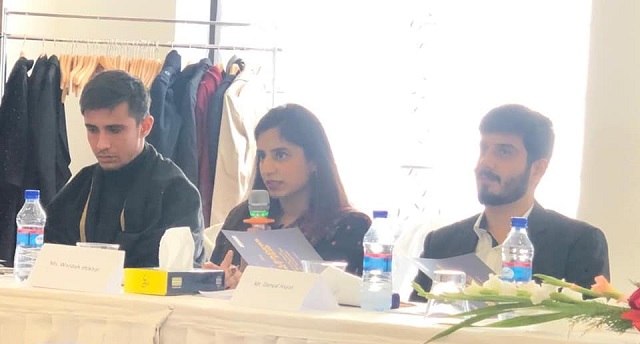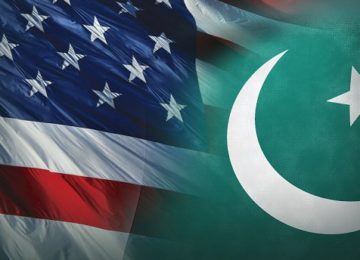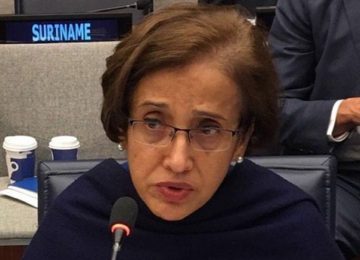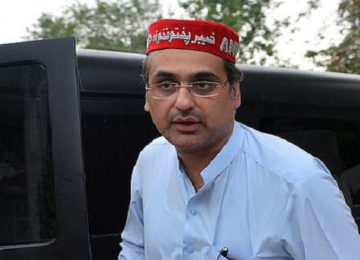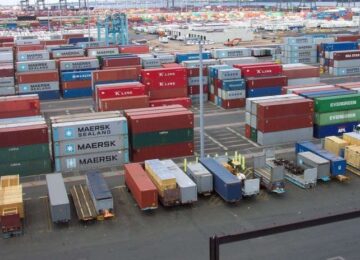January 31, 2020
By Wardah Iftikhar
chalo tu sahi raasta koi mil hi gae ga!
Growing up reading Khaled Hosseini, I always had an urge to visit Afghanistan to see the cherry bushes and flying kites. When I was offered the opportunity to travel to Kabul to speak on ‘Gender Equality – a must for future’ as part of Track 1.5/2 diplomacy efforts by CRSS and OESP, I was enthralled. However, when I broke the idea to my friends and family, they had mixed feelings. Everyone thought of it as an adventure but not everyone thought of me being the right fit to take it up. The distance of 470 kms seemed humongous. No one I know has ever traveled there, but somehow had stories to share and this became the final push to travel and invalidate the opinions.
Landing in Kabul, we were welcomed by barbed wires, concrete walls, police galore and tense atmosphere in many places. But don’t let that put you off. Travelling through the city, I found many happy faces and groups of teens relaxing. To top it off, the city was surrounded with beautiful snow-covered mountains blanketed by colorful stepped houses. After check-in, we were on our way to the Chal Sutoon Palace in Kabul which is under reconstruction. It is too early to comment but I think that the reconstruction would cover up a much-needed remainder of the cost of a decades-long series of wars the country has witnessed. It was later followed by a visit to the Paghman valley that had a frozen lake and mesmerizing snow. The valley, somewhat, reminded me of Swat.
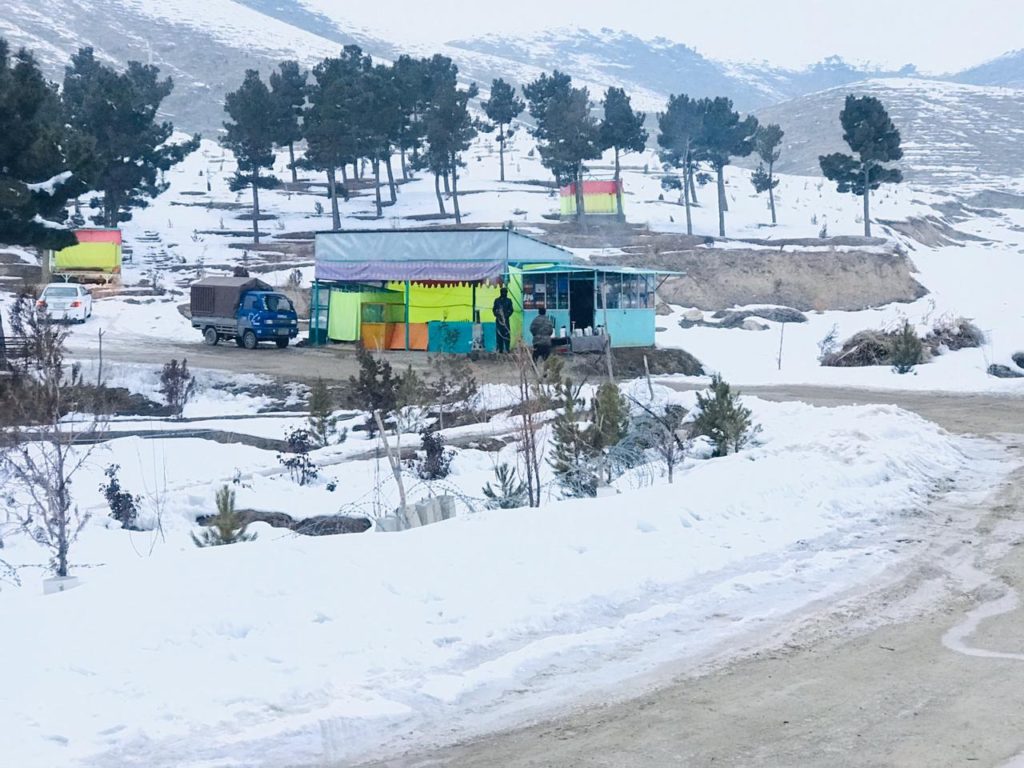
There has been a political and civil unrest in Afghanistan for the past 40 years, implying many generations were born in conflict and, therefore, have the story of violence to share. Afghans are a resilient nation, with high hopes and aspirations for the future and with 63.7% youth under the age of 25 years, they have a good shot at it. Talking to them, I found out most Afghans have spent parts of their life in Pakistan (for education/health or as refugees). In fact, many now-teenagers were born in Pakistan. 80% people could understand Urdu which they seemed to have learned from their time in Pakistan and our media (TV serials and music). They yearn to revisit their ‘homes’ in Pakistan to relive the memories.
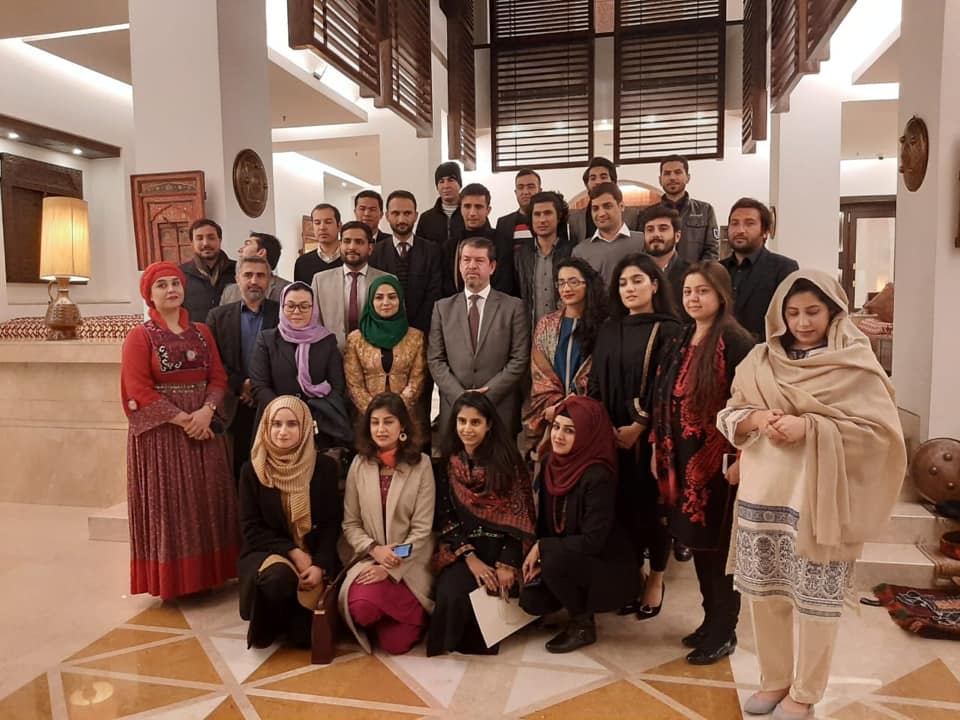
Despite the fact that the war on Afghanistan was billed, in part, as “a fight for the rights and dignity of women” the status of women post-war hasn’t improved much. According to estimates by UNICEF some sixty percent girls are out of school. Forty-one percent of all schools in Afghanistan do not have buildings. Many children live too far from the nearest school to be able to attend, which particularly affects girls. There has been a lot of international funding but according to the people, the international agencies are ‘male centric’ and fail to understand the nitty gritty which is deeply rooted in due to social, cultural and religious norms. Talking to women, it was evident as put by a female friend ‘we are governed by the males of the society’. The condition is not much different in Pakistan, which clearly emphasizes that we need to have raw and honest conversations with each other to understand each other’s perspective, build connections and find solutions. Given the situation of women, I most certainly think that if both sides have more women leaders we will be able to see through the hatred, and can work towards collective peace for the region, because the region is impatient for development which could only come by directing money spent on defense in both countries.
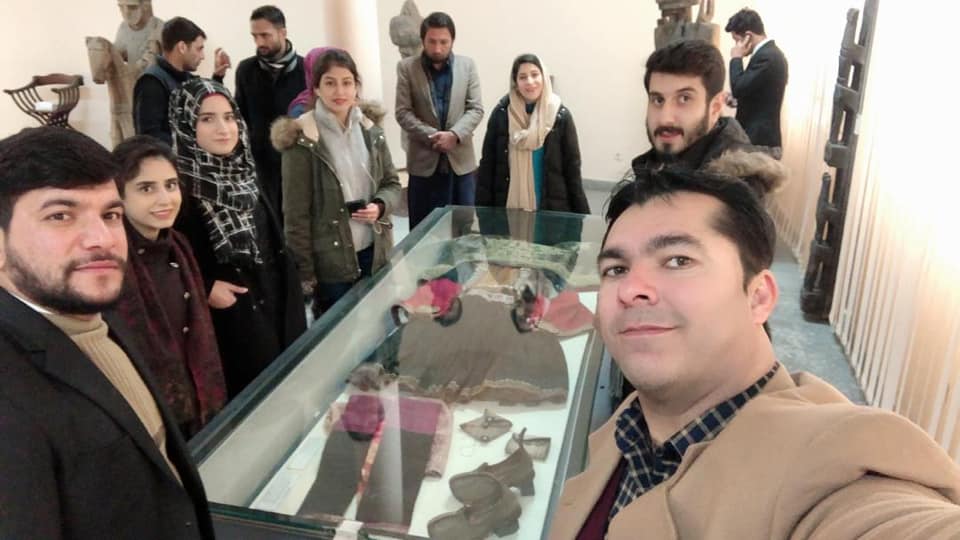
Both countries have the same dominant/majority religion and share some bits of culture, as Pakistan and Afghanistan were part of Kushan empire in 1st century CE. However, in the past decades, due to the ongoing war, Afghanistan and Pakistan haven’t had active people-to-people engagements; hence, our source of information is media and the politicians. The credibility of both sources is highly questionable. The first step to fostering a better relationship could be to have exchange programs, such as the Youth Summit which was held, to break the ice about the grievances, negative imaging, and opening up avenues for communication. We need to meet each other with low to zero expectations. It won’t work if we, as people, go to them with our ‘issues’ and say ‘accept this’; we will have to take responsibility, and understand their ‘priorities’ and ‘needs’. Similarly, the youth can play its part to tell stories from both sides of the border. It is important that the stories we share are raw and honest, not aimed at blaming rather at sharing the common history, set of problems, understanding perspective and reaching solutions. In all this, we (both Afghans and Pakistanis) might want to apologize to each other for the wrongdoings.
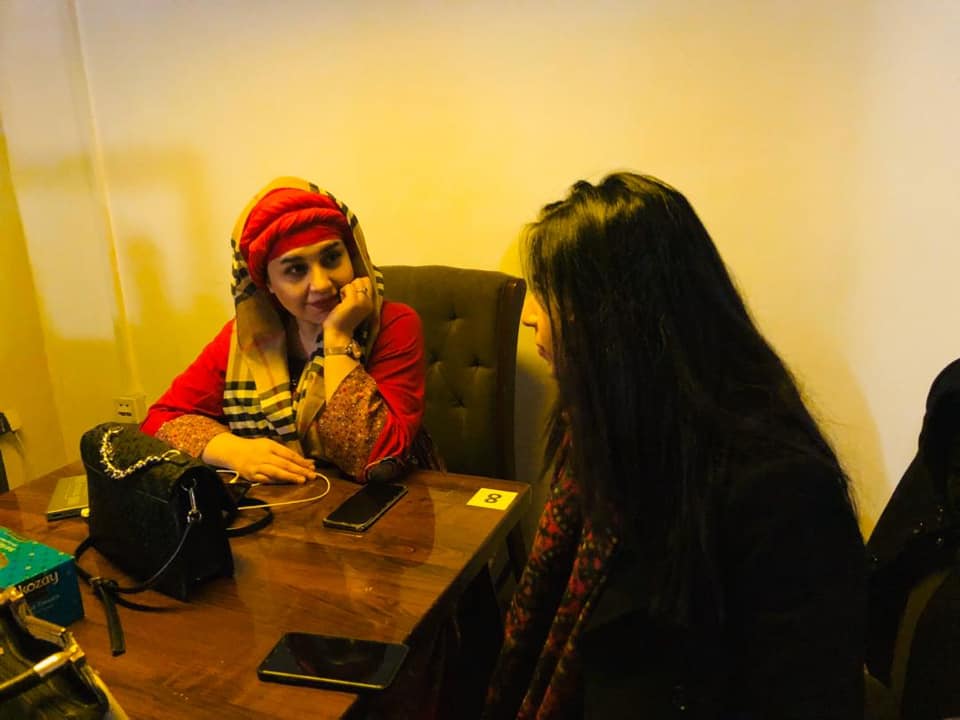
I am glad I got to see Afghanistan firsthand. It surely is an experience to cherish for a long time. I sincerely hope that exchanges such as this continue to happen at all levels so that one day, I could take a road trip to Kabul without any fear.
The author is a consultant at UNICEF and one of Pakistani delegates in CRSS’ Pak-Afghan Youth Leaders’ Summit held in Kabul on January 25, 2020.



